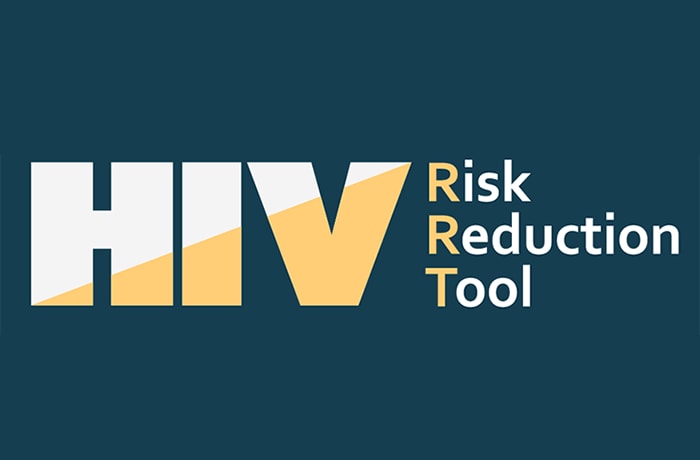Stigma and Mental Health

Learn about HIV stigma and discrimination and view stories of people who have overcome HIV stigma.

Having HIV can be a source of major stress.
- HIV may challenge your sense of well-being or complicate existing mental health conditions.
- HIV, and some opportunistic infections, can also affect your nervous system and can lead to changes in your behavior.
Good mental health will help you live your life to the fullest and is essential to successfully treating HIV.
HIV and Depression
One of the most common mental health conditions that people with HIV face is depressionexternal icon.
Symptoms of depression that can affect your day-to-day life include
- Persistent sadness,
- Anxiety,
- Feeling “empty,”
- Feelings of helplessness,
- Negativity,
- Loss of appetite, and
- Disinterest in engaging with others.
To help manage your mental health, it is important to know when, how, and where to get help. If you need help finding treatment
- use SAMHSA’s Treatment Locatorexternal icon, or
- call the national helpline at 1-800-662-HELP.
Depression can be Treated
Ask your health care provider, social worker, or case manager about local support groups. They may also refer you to a mental health provider who can give you the care you need:
- Psychiatrists treat mental health problems with various therapies, like talk therapy, and by prescribing medicine.
- Psychologists help people cope with life challenges and mental health problems with therapies, like talk therapy. Psychologists usually cannot prescribe medicine.
- Therapists are mental health or marriage and family counselors. They help people cope with life issues and mental health problems.
Page last reviewed: May 20, 2021

